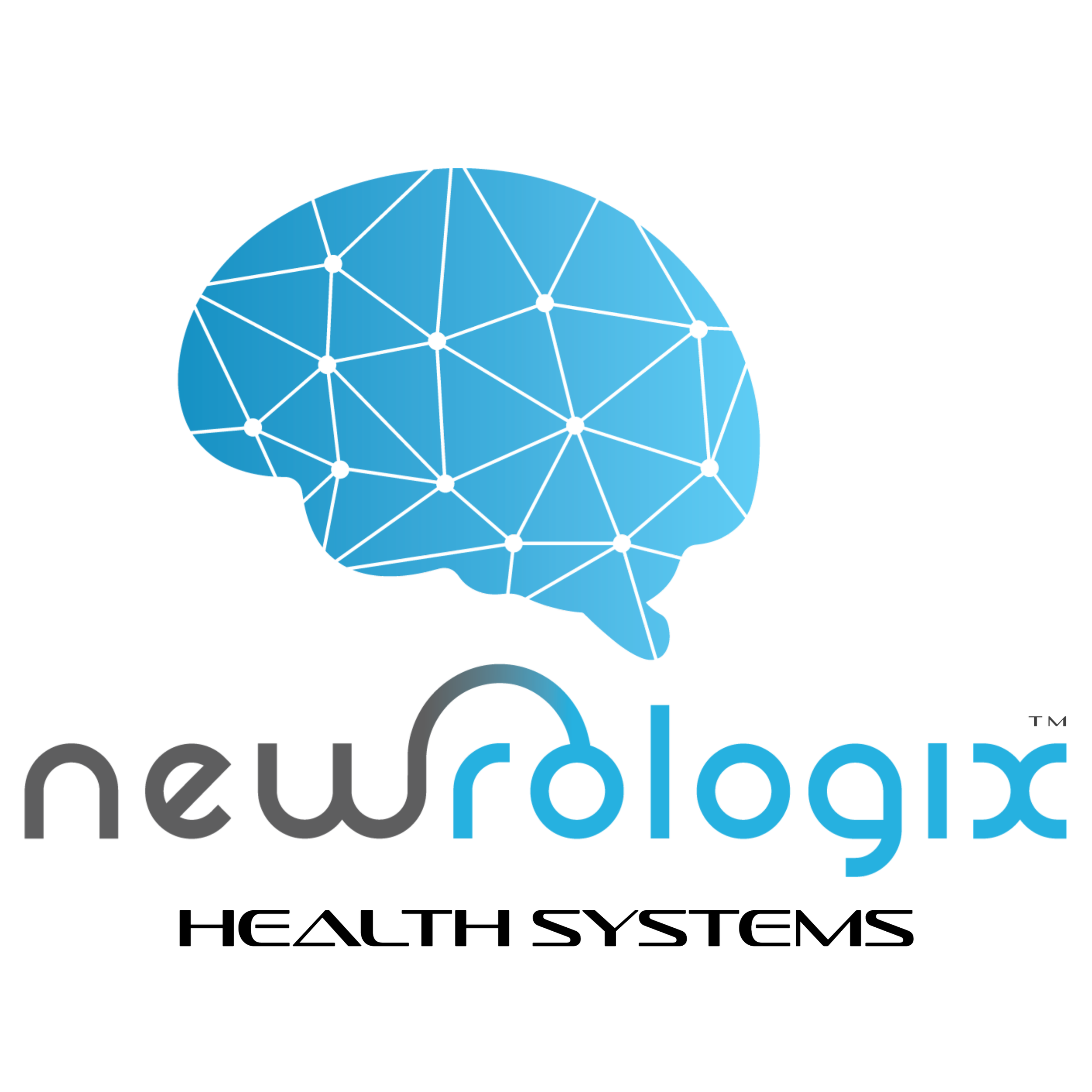Title: Harnessing the Power of Neurofeedback for ADHD Management
Attention Deficit Hyperactivity Disorder (ADHD) is a complex neurodevelopmental condition that affects individuals of all ages, impacting their ability to focus, control impulses, and regulate their energy levels. While traditional treatments such as medication and behavioral therapy have proven beneficial for many, there is growing interest in alternative approaches that can complement or even replace conventional methods. One such promising avenue is neurofeedback, a cutting-edge technique that is emerging as a potential game-changer in the management of ADHD.
Understanding Neurofeedback
Neurofeedback, also known as EEG biofeedback, is a non-invasive therapeutic intervention that leverages real-time monitoring of brainwave activity to help individuals gain more control over their neural functioning. By using specialized equipment to measure brainwave patterns, individuals can receive immediate feedback on their brain activity and learn to modify it through practice and reinforcement.
How Neurofeedback can Benefit ADHD
Research has shown that individuals with ADHD often exhibit distinct patterns of brainwave activity, particularly in the areas responsible for attention, impulse control, and executive functioning. Neurofeedback targets these irregular patterns, aiming to normalize and optimize brainwave activity through operant conditioning. By reinforcing healthier brainwave patterns, neurofeedback seeks to alleviate the symptoms of ADHD and improve overall cognitive functioning.
The Evidence Behind Neurofeedback for ADHD
Numerous studies have yielded promising results regarding the efficacy of neurofeedback in managing ADHD. Research published in the European Child & Adolescent Psychiatry journal demonstrated that neurofeedback led to significant improvements in attention and impulse control in children with ADHD. Similarly, a study in the Journal of Clinical EEG and Neuroscience reported sustained improvements in attention and behavioral regulation following neurofeedback interventions.
Complementing Traditional Treatments
Neurofeedback is often viewed as a complementary approach to existing ADHD treatments rather than a replacement. Many individuals find it to be a valuable addition to their treatment regimen, as it can potentially reduce the reliance on medication or enhance the effects of other therapeutic strategies. Furthermore, neurofeedback is non-invasive and free of the side effects associated with certain medications, making it an appealing option for individuals seeking alternative or adjunctive ADHD interventions.
The Importance of Professional Guidance
While neurofeedback holds promise for individuals with ADHD, it is crucial to emphasize that it should be administered by qualified professionals. Licensed practitioners skilled in neurofeedback therapy can tailor the interventions to suit the unique needs of each individual, ensuring that the process is safe, effective, and optimized for the best possible outcomes.
Looking to the Future
As our understanding of neuroplasticity and brain regulation continues to evolve, neurofeedback stands poised to play an increasingly significant role in the comprehensive management of ADHD. Ongoing advancements in technology and neuroscience are likely to further enhance the precision and effectiveness of neurofeedback interventions, potentially unlocking even greater benefits for individuals with ADHD.
In conclusion, neurofeedback represents a compelling frontier in the realm of ADHD management, offering a promising avenue for enhancing attention, impulse control, and overall cognitive function. With its non-invasive nature and potential to complement traditional treatments, neurofeedback holds considerable appeal for individuals seeking alternative, personalized, and holistic approaches to managing ADHD. As research and clinical practice continue to converge, the integration of neurofeedback into mainstream ADHD care may very well herald a new era of empowerment for individuals striving to unlock their full potential despite the challenges posed by ADHD.
If you have any experiences with neurofeedback or questions about its application for ADHD, feel free to share them in the comments section below. We'd love to hear from you!

